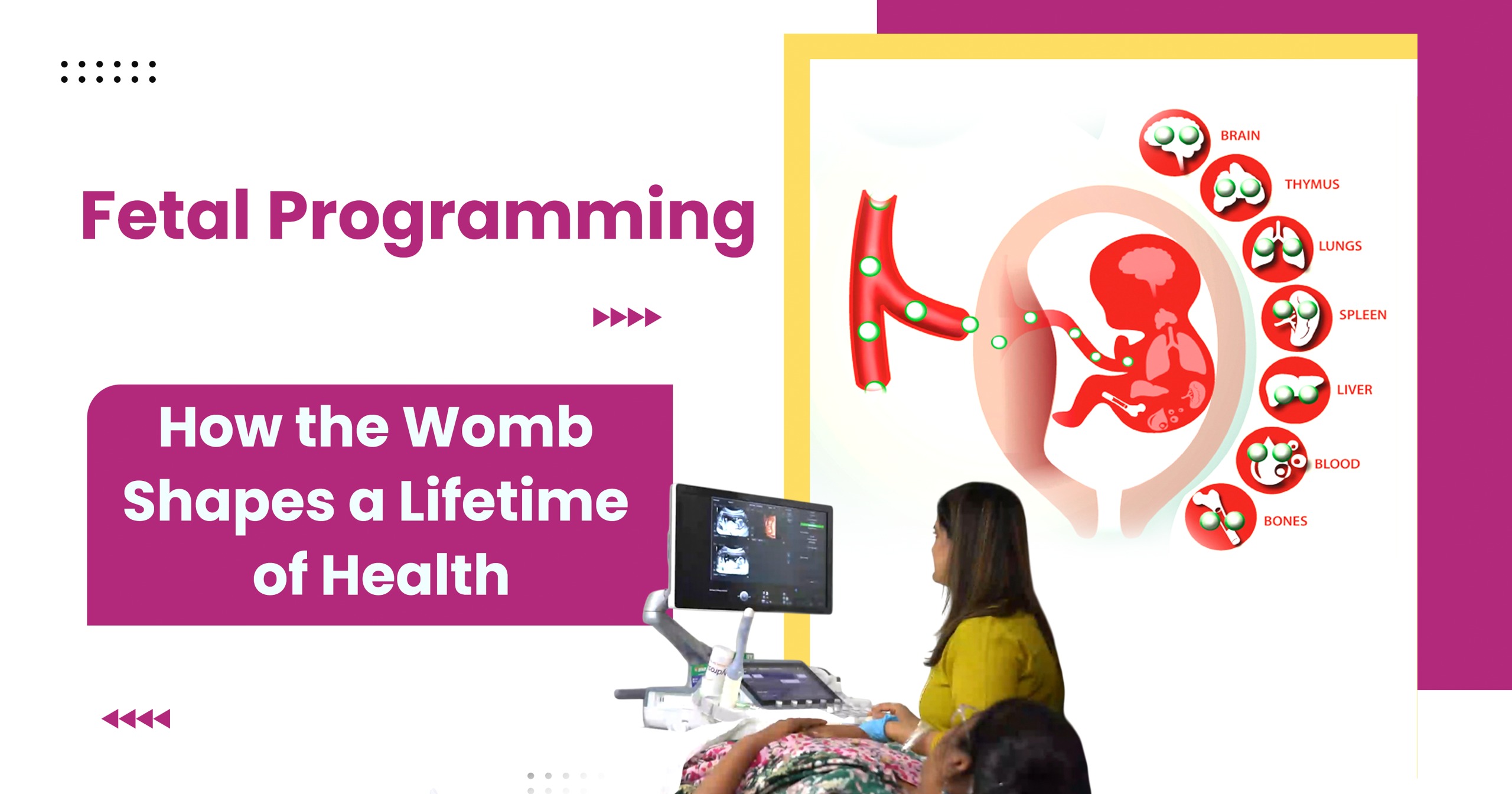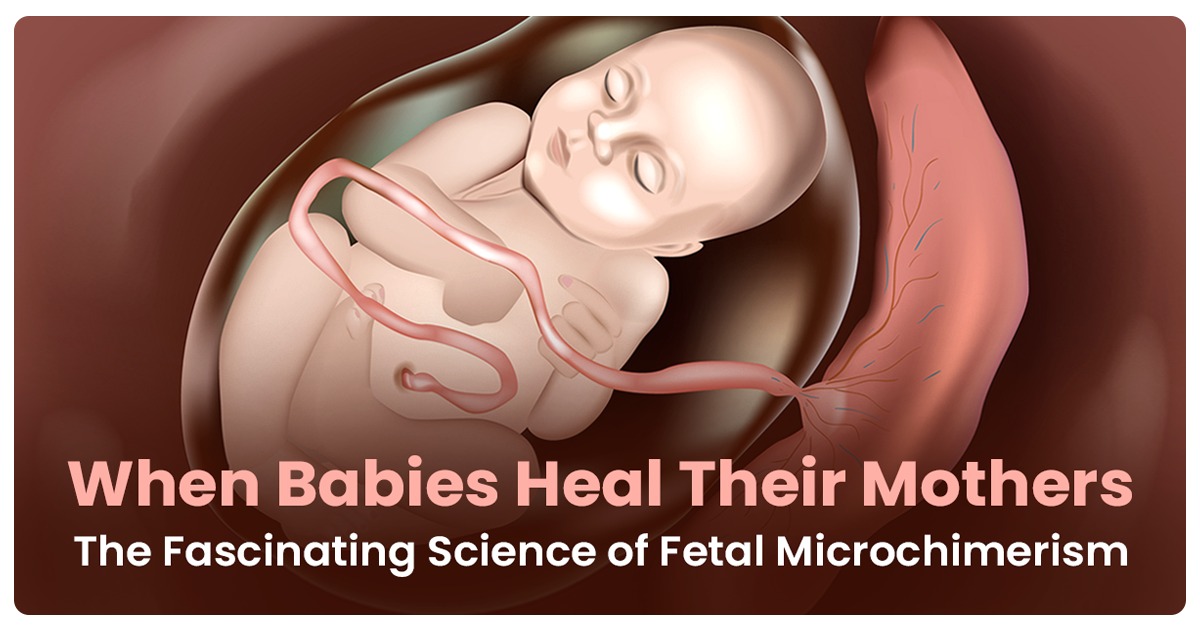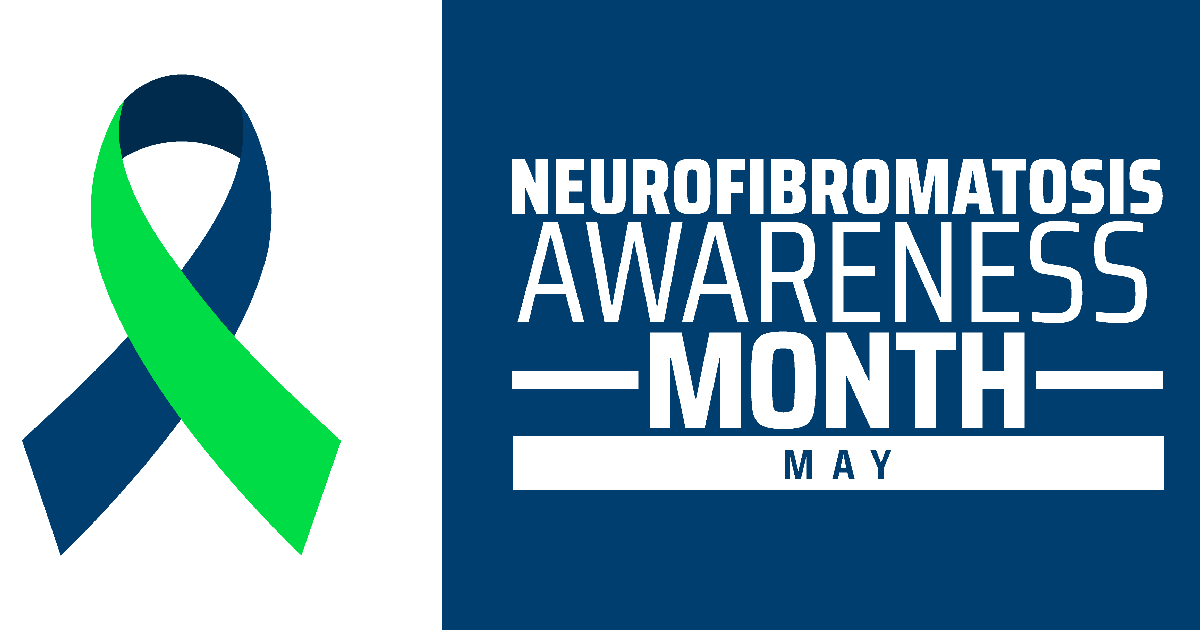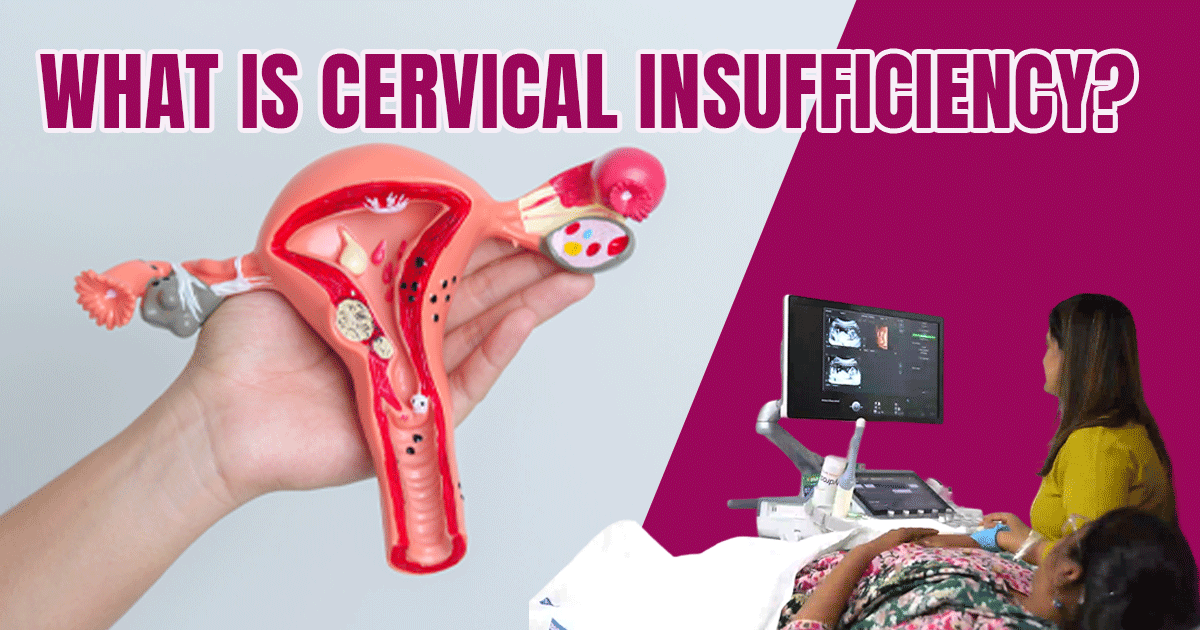Did you know your baby’s lifelong health may be influenced before birth?
The idea that the womb plays a powerful role in shaping future disease risk is no longer just a theory — it’s a medical reality.
What Is Fetal Programming?
Fetal programming refers to the long-term impact of the intrauterine environment on a baby’s health. When a fetus is exposed to certain conditions — like inadequate nutrition, high maternal stress, or placental issues — it can adapt in ways that affect organ development, metabolism, and hormonal balance.
These adaptations might help the baby survive in the short term but may increase the risk of diseases like diabetes, heart disease, and obesity later in life.
The Barker Hypothesis: A Turning Point in Medicine
This concept was first explored by Dr. David Barker, who studied the link between low birth weight and increased rates of coronary artery disease in adulthood. His research suggested that health conditions in later life often have their origins in fetal development.
Now known as the Barker Hypothesis, this idea has grown into a broader field called the Developmental Origins of Health and Disease (DOHaD).
What Conditions Are Linked to Fetal Programming?
Research shows that the following conditions may have roots in how the fetus develops:
- Type 2 Diabetes: Altered insulin response due to early nutrient deficiencies.
- Hypertension: Changes in blood vessel formation and kidney development.
- Obesity: Increased fat storage programming in response to prenatal undernutrition.
- Metabolic Syndrome: A combination of insulin resistance, high blood pressure, and central obesity.
Why This Matters in Prenatal Care
Not all risk factors are visible after birth — some start silently in the womb.
That’s why maternal care isn’t just about delivering a healthy baby — it’s about laying the foundation for a healthy adult life.
Key steps during pregnancy include:
✅ A balanced, nutrient-rich diet
✅ Managing stress and chronic conditions
✅ Monitoring fetal growth regularly
✅ Avoiding alcohol, smoking, and harmful medications
Role of a Fetal Medicine Specialist
If there are concerns about fetal growth or abnormal scan findings, a fetal medicine expert may recommend:
- Advanced ultrasound evaluations
- Doppler studies to assess placental function
- Genetic or metabolic testing
- Timely delivery if fetal wellbeing is compromised
- Long-term follow-up planning after birth
Final Words
The 9 months in the womb are not just a phase — they’re a critical window that can shape decades of health.
By understanding and optimizing fetal development, we have a powerful opportunity to prevent chronic diseases before they begin.
If you have questions about fetal growth or risk factors, don’t wait.
📞 Schedule a consultation today to know more!




